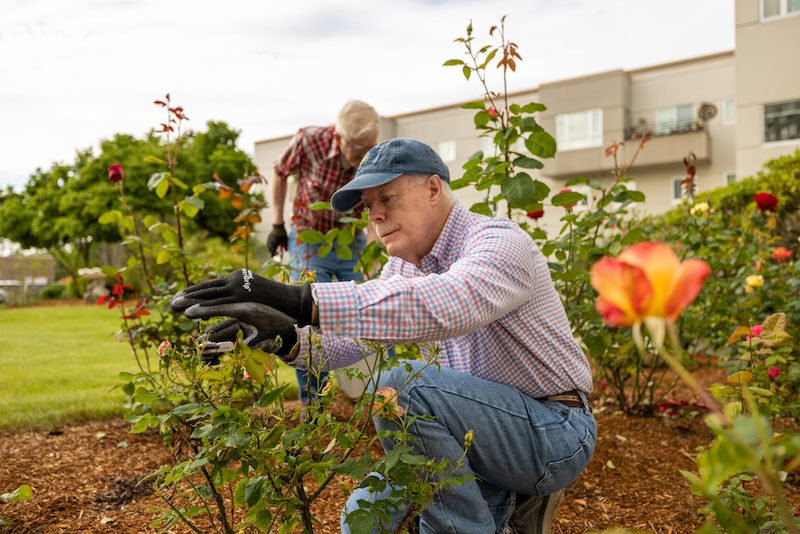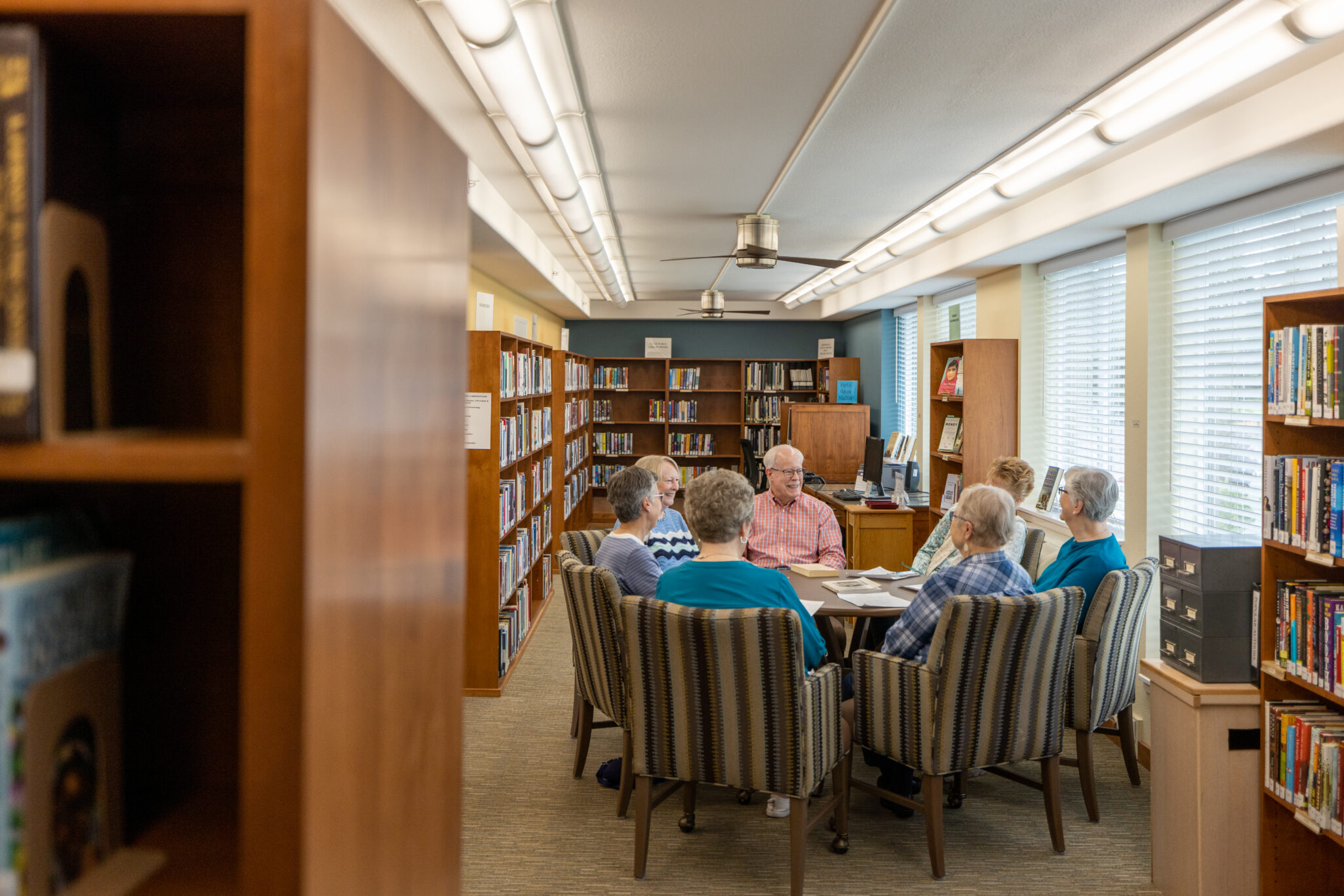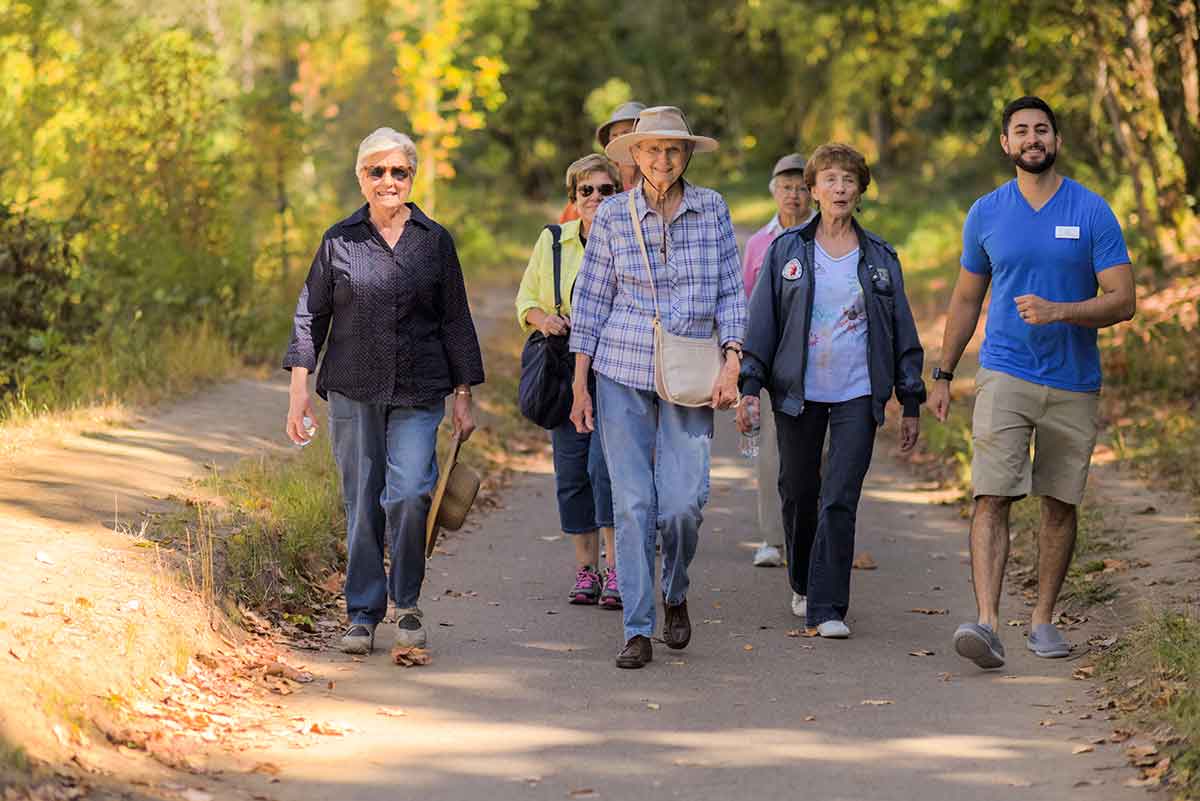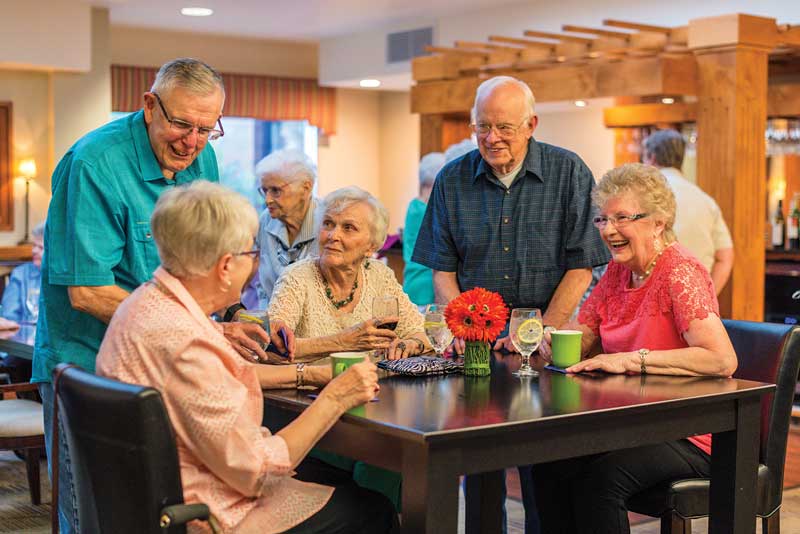The benefits of community gardening for seniors

We’ve all heard the benefits of spending time outdoors — decreased anxiety levels, less stress and feelings of loneliness— but how does this translate to our seniors? Time spent outside, when coupled with stress-relieving hobbies like gardening, equals a plethora of mental and physical health benefits. This blog explores exactly how “dirt therapy for seniors” — aka gardening — benefits their well-being and quality of life.
Spending time in nature relieves stress.
Gardening and spending time in nature reduces stress. Seniors may find gardening takes their minds off of their worries and doing something physical increases serotonin (the body’s natural “feel good” chemical), making them less stressed. Beyond stress reduction, gardening is associated with better sleep habits and stronger immune systems and bone density. Exposure to sunlight has been found to help older adults increase their vitamin D levels, which benefits bone density and the immune system. And because natural environments, like outdoor gardens, are less likely to overstimulate, simply viewing elements of a garden may provide benefits such as relaxation and restoration, according to a study by SAGE Open Med.
Gardening is a low-impact way to increase physical activity.
Getting exercise is important to leading a healthy lifestyle. Gardening might not be the first activity that comes to mind when you want to get a workout in, it does require the use of every muscle group, which results in a holistic, low-impact workout. And for seniors, physical activity has a host of benefits, including lowering the risk of dementia. Gardening is also a great practice in dexterity, which can help to manage arthritis, keep joints flexible and prevent muscles from weakening and becoming stiff. Horticultural therapy may also help seniors lose weight, improve their physical flexibility and even improve daily vegetable and fruit consumption a study published by the National Library of Medicine found.
Providing a sense of community to seniors can reduce depression.
Because seniors are more likely to isolate or experience loneliness than the rest of the population, they are also more susceptible to depression and other mental health struggles. That’s why staying connected and social is so important – and gardening is just one way to establish routine and a community. Outside of simple socialization, researchers from Bristol University and University College London recently found a “friendly” bacteria commonly found in soil that engages brain cells that produce serotonin, which means they behave similarly to antidepressants.
Getting started in gardening is simple. Seniors can start gardening with these helpful tips:
- Wear gardening gloves to protect and cushion joints.
- Use long-handled tools to avoid stooping.
- In place of traditional flowerbeds, try raised beds to reduce stooping, kneeling and squatting.
- Pace yourself. While gardening can be exercise it’s also supposed to be realizing. Take frequent breaks as needed.
- Garden in the early morning or early evening to avoid midday heat.
At Capital Manor, a healthy retirement is a given. We want you to stay strong, active and feel your best, so you can find your own unique way to embrace life better. With our 8 Dimensions of Wellness Program, we ensure you have opportunities to care for your mind, body and spirit every day. Does our community sound like the right fit for you or a loved one? Contact us to learn more or ask any questions.




